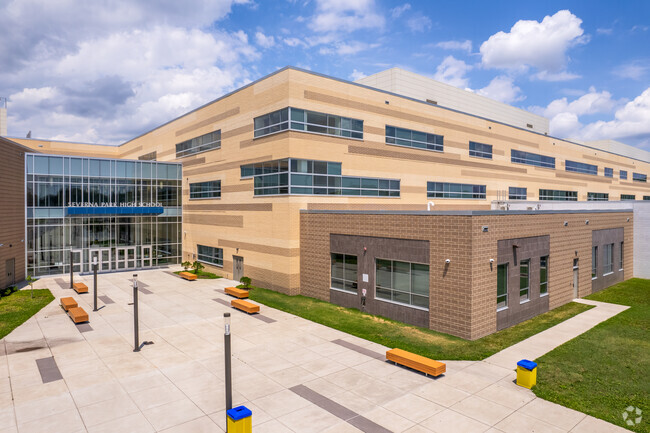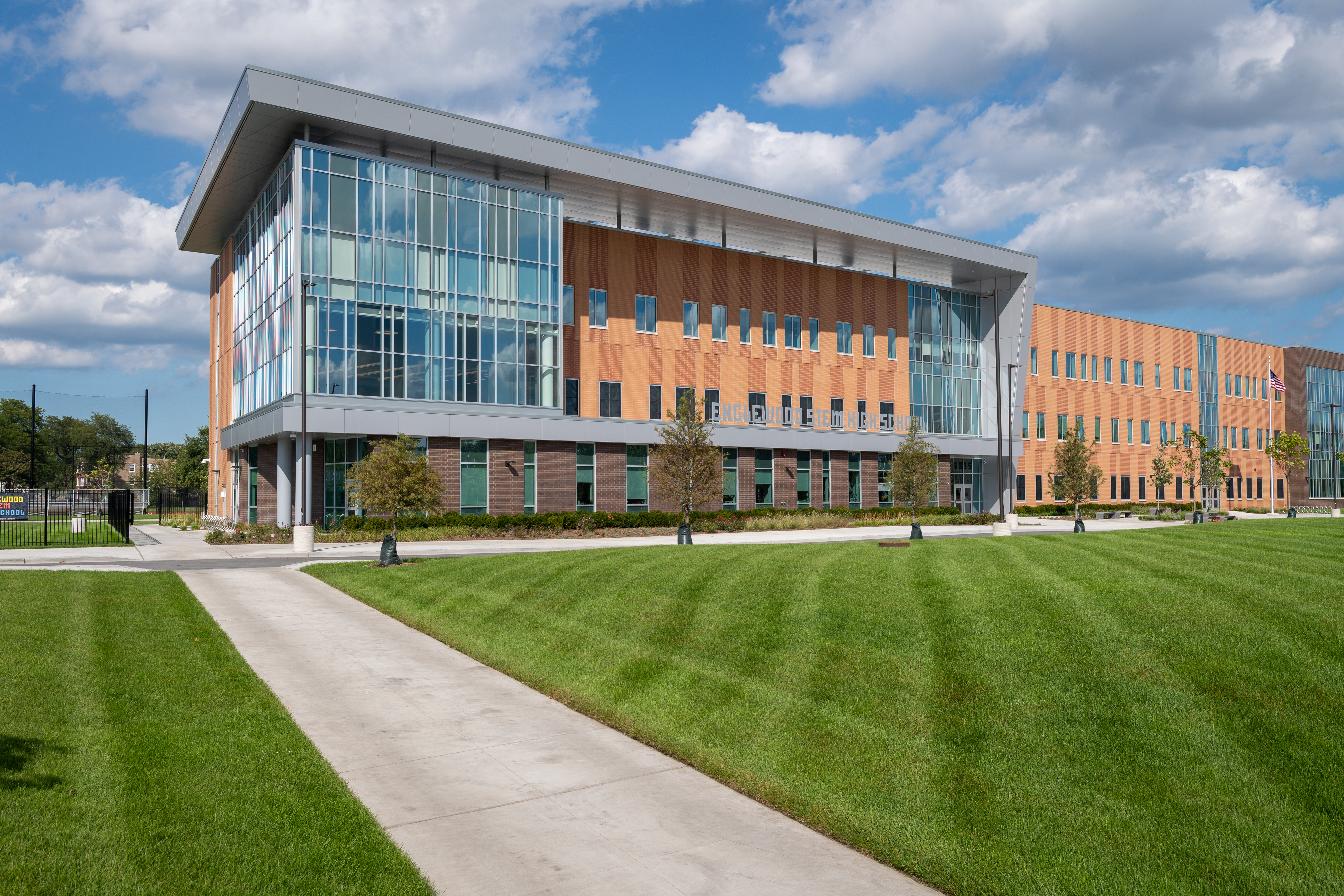Why It's Critical to Rally With Each Other to Save Temecula Schools
Why It's Critical to Rally With Each Other to Save Temecula Schools
Blog Article
Comprehending the Value of Schools in Youngster Growth and Community Growth
Schools' interaction with neighborhood communities through service-learning initiatives reinforces the bond in between families and academic organizations. This cooperative relationship underscores the relevance of institutions in supporting active citizenship and long-lasting knowing habits.
Academic Success
Academic achievement functions as a cornerstone of child growth, giving the foundation upon which future discovering and success are built. Colleges play a pivotal role in promoting this scholastic growth, using organized environments where kids can obtain essential understanding and cognitive abilities. Standard educational program ensure that pupils gain efficiency in core topics such as maths, scientific research, and language arts, which are vital for both college and professional opportunities.
In enhancement to giving fundamental academic skills, institutions likewise grow important reasoning, analytic capacities, and intellectual curiosity. These cognitive proficiencies are crucial for navigating intricate real-world situations and adapting to the ever-evolving needs of the contemporary workplace. Teachers, as facilitators of discovering, employ diverse pedagogical techniques to provide to diverse knowing styles, consequently optimizing private pupil capacity.
Additionally, scholastic success is carefully linked to self-confidence and motivation. Children that experience academic achievements are more probable to establish a favorable self-concept and a long-lasting passion for learning. Colleges also use various sources, such as libraries and technology, which further boost the instructional experience and prepare students for a technically advanced culture.
Social Skill Advancement
Beyond academic achievement, the role of institutions in social skill development is essential. Schools serve as a key location for kids to learn and exercise vital social skills such as interaction, cooperation, and problem resolution. In the structured atmosphere of a classroom, trainees engage with peers, educators, and various other college personnel, providing countless possibilities to establish these important capacities.
Efficient social skill advancement in institutions is facilitated through team activities, collective projects, and extracurricular programs. These communications help pupils comprehend social standards, construct empathy, and promote a feeling of neighborhood. Team assignments teach trainees just how to work with each other towards a typical goal, pay attention to various perspectives, and navigate disagreements constructively.

The farming of social skills during academic year lays a foundation for future personal and professional partnerships. Save Temecula Schools. As pupils develop, the capacity to properly communicate and collaborate ends up being progressively vital, highlighting the school's essential role in holistic youngster advancement
Exposure to Variety
Exposure to diversity in institutions is fundamental to fostering a comprehensive way of thinking and expanding trainees' perspectives. Schools work as a microcosm of the more comprehensive society, and experiencing diverse societies, languages, and socioeconomic histories within this setting furnishes pupils with vital abilities for browsing a significantly globalized globe. This exposure motivates empathy, reduces bias, and promotes common regard amongst peers.
Study suggests that pupils who communicate with peers from diverse histories display far better analytic skills and creativity. This understanding of variety prepares trainees for future workplaces that value modern capability - Save Temecula Schools.

Area Involvement
The advantages of varied classrooms prolong past the school Bonuses walls, fostering a solid feeling of community involvement among students. By interacting with peers from numerous cultural, socioeconomic, and ethnic histories, students get a more comprehensive point of view and an appreciation for diversity. This direct exposure urges them to become active residents that want to contribute favorably to their communities.
Colleges that highlight community interaction typically include service-learning projects, which enable students to attend to real-world troubles while using academic skills. These tasks not just improve students' understanding of their coursework yet additionally instill a sense of obligation and compassion. Furthermore, collaborations between colleges and regional companies provide trainees with opportunities to join community events, even more solidifying their duty as proactive neighborhood participants.
Furthermore, parental and neighborhood involvement in schools reinforces the bond between instructional organizations and the neighborhoods they offer. Via these efforts, schools play a critical function in supporting community involvement and promoting social development.
Lifelong Knowing Behaviors
Creating lifelong knowing habits is vital for a child's constant growth and versatility in an ever-changing world. Schools play a critical role in instilling these behaviors by creating an environment that fosters curiosity, crucial thinking, and a love for knowledge. Through extracurricular activities and varied educational programs, educators encourage trainees to check out different subjects, examine information critically, and use their discovering to real-world circumstances.

Moreover, schools supply an organized atmosphere where kids can establish self-discipline and time monitoring skills, both of which are important for constant learning. By highlighting the value of setting objectives, assessing progress, and adapting methods, universities prepare students to navigate the complexities of adult life, guaranteeing they continue to be lifelong students and factors to culture.
Verdict
In conclusion, institutions are click here for more vital in cultivating kid development and neighborhood growth by offering settings conducive to scholastic success, social skill development, and direct exposure to variety. Inevitably, institutions cultivate long-lasting discovering practices, outfitting people with the necessary knowledge and abilities to contribute favorably to culture.
In the structured environment of a class, trainees connect with peers, teachers, and various other institution personnel, supplying numerous possibilities to develop these vital capabilities.
In significance, direct exposure to variety within colleges not only enriches individual trainees yet additionally strengthens the social fabric of the area as a whole.
The advantages of varied classrooms expand past the school walls, fostering a strong feeling of community involvement among students.Schools that highlight community involvement commonly integrate service-learning jobs, which permit trainees to resolve real-world continue reading this problems while using academic abilities. Collaborations in between schools and local companies offer trainees with opportunities to take part in area events, even more strengthening their role as proactive neighborhood participants.
Report this page